Call for Papers: Tourism Review
Special Issue on Gender and Mobility in Tourism
Guest Editors:
Jaeyeon Choe, PhD
Centre for Events, Leisure, Society & Culture, Faculty of Management
Bournemouth University, UK
Cristopher Livecchi, PhD
Department of Geography
State University of New York, USA
Gender in/and tourism have been gaining an increasing attention from tourism scholars since the 1990s (e.g., Aitchison, 2005; Figueroa-Domecq et al., 2015; Ferguson, 2011; Ireland, 1993; Pritchard & Morgan, 2000; Munar et al., 2015; Swain, 1995). Despite growing interest and published works, the nexus of tourism and gender has not been thoroughly explored by researchers. Gender and tourism literature is fragmented, with a lack of communication and collaboration across disciplines even though there are overlapping topic areas and discussions. There has not been enough interdisciplinary research work carried out, leading to fragmented literature reviews, theorization processes and methods. Thus, the primary aim of this special issue is to thoroughly review the theories, theorization processes and methods/methodology of gender studies in tourism, by encouraging the incorporation of LGBT, queer studies and ‘White’ feminism concepts and theories.
Secondly, we are interested in exploring how migration and mobility in a globalising world have affected gender issues in relation to tourism, and implications of practices, politics and meanings of mobility for women (Porter, 2011). Migration theory had begun to include feminist theory in the early 1990s (Chant ,1992), and has provided insights into the connections and the mutually constitutive relationship between the construction of masculinities and masculinist ideologies; and migration, (im)mobilities and transnationalism and gender issues. As scholars interested in migration and mobilities work collaboratively and transnationally across different worlds (Yeoh & Ramdas, 2014), papers that address how migration and gender issues influence tourism research and practices are welcome. We also welcome papers that incorporate action research, as well as papers that develop future research directions.
In summary, this special issue, we seek papers related to issues about (im)mobilities, migration, LGBTQ, ‘White’ feminism, action research, social sustainability and the cultural geography of gender and tourism. We invite contributions from a variety of disciplines including anthropology, geography, sociology, psychology, cultural studies, leisure studies, tourism studies and education. We invite you to submit papers on topics that include (but are not limited to):
– Migration and gender (in)equality
– Gender politics, migration and (im)mobilities
– Action research in gender and tourism
– Research methods development
– LGBT/queer studies in tourism field
– ‘White’ feminism/ ‘White’ masculinity
– Cultural geography of gender and tourism
– Social sustainability and gender issues
– Gender and the Sharing Economy
– “Dangerous women” in tourism
– Implications of practices, politics and meanings of mobility for women
– Gender, migration and (im)moralities in developing worlds
– Brexit and its potential impact on immigrant women communities
Each article should be approximately 3000-5500 words long.
Submission Deadlines:
· 500 words abstract due: 20 December 2016
· Full paper due: 20 February 2017
Please send your abstracts/papers to Jaeyeon Choe, PhD (jchoe@bournemouth.ac.uk)

![InnovateUK_LogoA_Interim_RGBx320govuk[1]](http://blogs.bournemouth.ac.uk/research/files/2014/12/InnovateUK_LogoA_Interim_RGBx320govuk11-300x90.jpg)
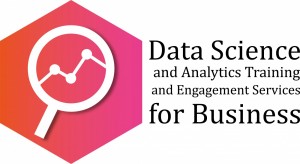
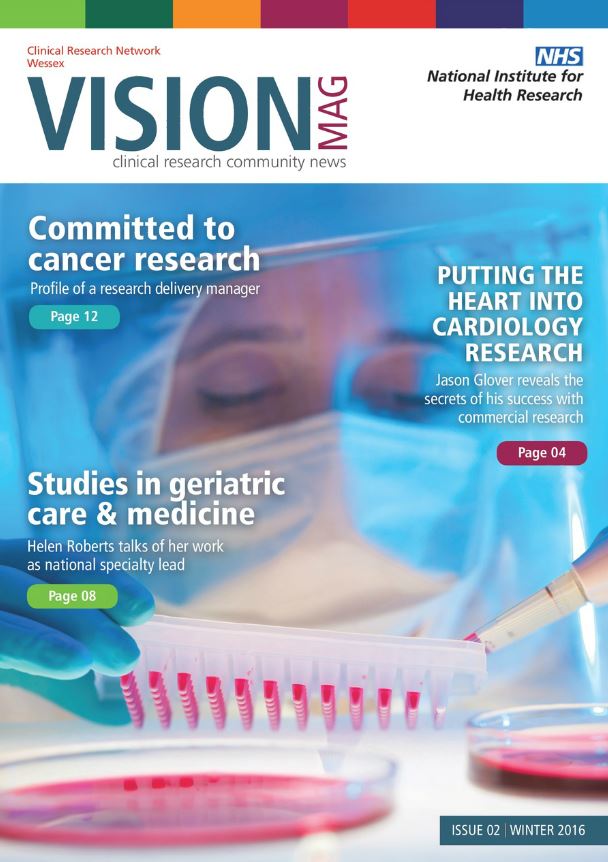

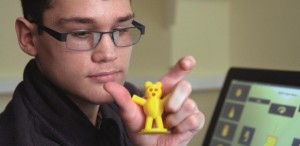
 As part of the Research and Knowledge Exchange Development Framework, RKEO are holding a workshop for academics to learn more about funding opportunities from Innovate UK. This workshop will be led by our local Innovate UK KTP Adviser and the will be talking about various Innovate UK funding opportunities. There will also be a drop-in session for one-to-one advice.
As part of the Research and Knowledge Exchange Development Framework, RKEO are holding a workshop for academics to learn more about funding opportunities from Innovate UK. This workshop will be led by our local Innovate UK KTP Adviser and the will be talking about various Innovate UK funding opportunities. There will also be a drop-in session for one-to-one advice.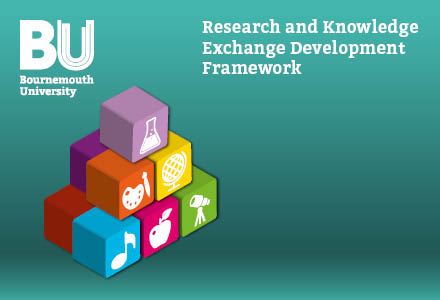


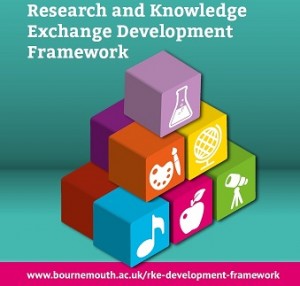


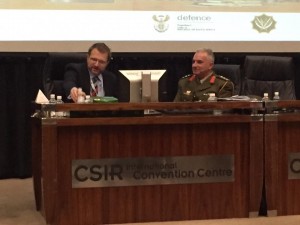













 Upcoming opportunities for PGRs – collaborate externally
Upcoming opportunities for PGRs – collaborate externally BU involved in new MRF dissemination grant
BU involved in new MRF dissemination grant New COVID-19 publication
New COVID-19 publication Conversation article: London Marathon – how visually impaired people run
Conversation article: London Marathon – how visually impaired people run MSCA Postdoctoral Fellowships 2024
MSCA Postdoctoral Fellowships 2024 Horizon Europe News – December 2023
Horizon Europe News – December 2023